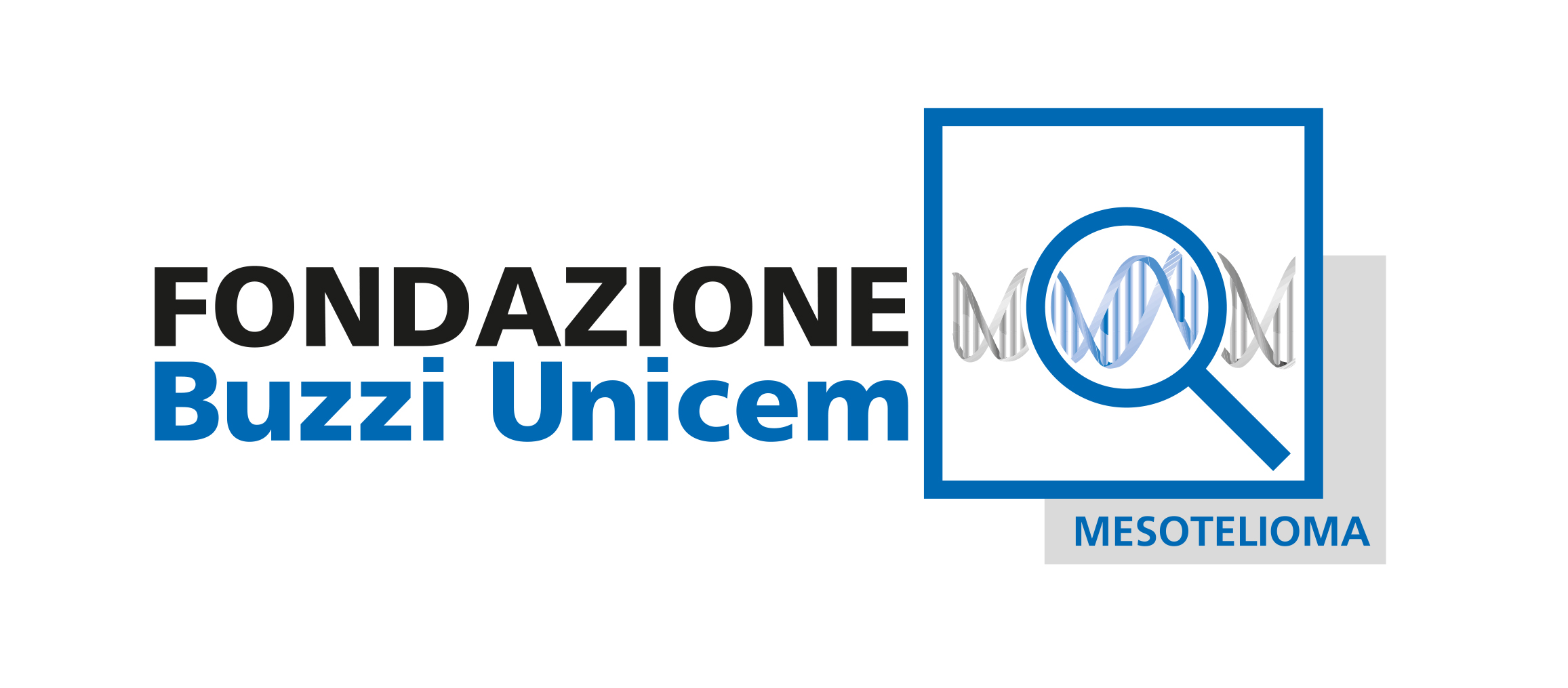Tamoxifen as a Potential Therapeutic in Malignant Pleural Mesothelioma (MPM)
SUMMARY OF THE RESEARCH PROJECT
FUNDED BY THE BUZZI UNICEM FOUNDATION
PROJECT LEADER:
Warren Thomas (PhD)
SITE:
Royal College of Surgeons in Ireland, Education and Research Centre, Dublin (Ireland)
PROJECT STATUS:
Completed
RESEARCH SUMMARY:
The activation of beta estrogens has been investigated due to their involvement in the suppression of MPM pathogenesis, leading to potential therapies aimed at activating the estrogen receptor.
The researchers studied the activity of tamoxifen in this disease to evaluate its ability to attenuate the growth of MPM cells in vitro.
The purpose of this research is to evaluate the action of tamoxifen on several cellular lines to determine the underlying mechanisms.
Tamoxifen appears to inhibit the growth of four different MPM lines with varying efficacy.
The researchers observed that inhibiting the growth of MPM cells is not inhibited by traditional estrogen receptor antagonists, suggesting an action independent of tamoxifen on the estrogen receptor.
Tamoxifen may have a role in inducing the halting of the cell cycle.
Researchers also suggest that tamoxifen may have utility before chemotherapy with cisplatin to increase its cytotoxic action.
It is therefore of interest to establish the basis for the synergistic/antagonist action of tamoxifen and cisplatin to optimize their use as therapeutic approaches.
The objectives of this study are summarized as follows:
- Establish whether tamoxifen can inhibit the growth of MPM cells
- Determine whether tamoxifen modulates sensitivity to the chemotherapy used to treat MPM
- Determine the mechanisms by which tamoxifen inhibits the growth of MPM cells
